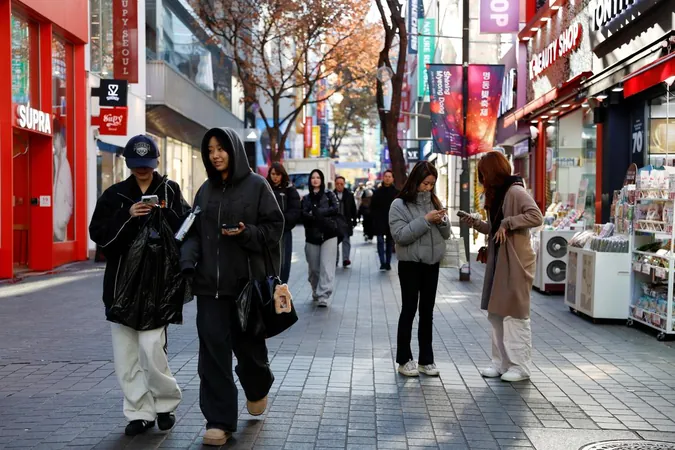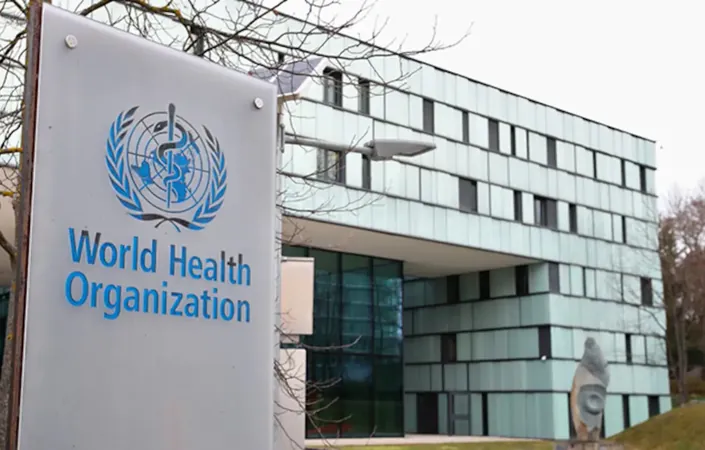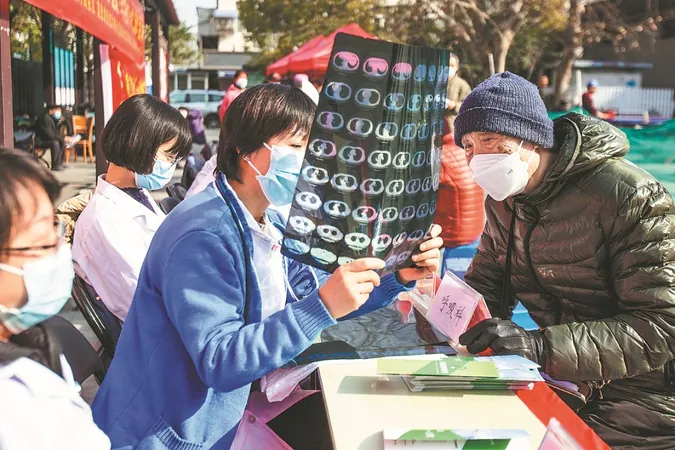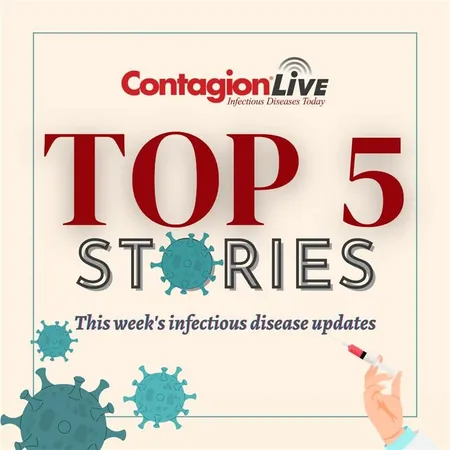
South Korea Faces Alarming Influenza Surge: What You Need to Know!
2025-01-03
Author: Nur
Overview of the Outbreak
South Korea is grappling with its largest influenza outbreak since 2016, and the numbers are startling! Reports indicate that cases have soared dramatically, particularly impacting teenagers, as the country moves into the peak months of flu season.
Recent Statistics
As of January 3, the Korea Disease Control and Prevention Agency (KDCA) reported that the influenza-like illness (ILI) rate—measured by the number of suspected flu cases per 1,000 outpatient visits at 300 clinics nationwide—has skyrocketed to 73.9 between December 22 and December 28, 2024. This represents a shocking 136% increase from the previous week’s rate of only 31.3.
This current rate is edging close to the 2016 peak ILI rate of 86.2, significantly surpassing the rates of previous years: 61.3 in 2023 and 60.7 in 2022. Astonishingly, during the Covid-19 pandemic years, the ILI rates plummeted to 3.3 and 4.8 in 2020 and 2021, respectively, highlighting how different the current landscape is.
Most Affected Demographics
While flu activity is rising across all demographics, the most affected group is adolescents aged 13 to 18, who are experiencing an ILI rate of 151.3 per 1,000—17.6 times higher than the seasonal epidemic threshold of 8.6 per 1,000 for the 2024–2025 flu season. Following them are children aged 7 to 12 with an ILI rate of 137.3, adults aged 19 to 49 at 93.6, and children aged 1 to 6 with a rate of 58.4.
Viral Strains
In terms of viral strains, the KDCA reports that the A(H1N1)pdm09 strain is the most common, accounting for 34.6% of cases, followed by A(H3N2) at 14.9%, and type B at 1.4%.
Vaccination Recommendations
On a positive note, the KDCA has assured the public that the current flu vaccines are highly effective against the circulating strains. The viruses utilized in the vaccine production closely mirror those that are responsible for the outbreak, and no mutations that would render the vaccines ineffective have been detected.
In light of this outbreak, the KDCA is urging high-risk groups—especially children aged 6 months to 13 years, pregnant women, and individuals aged 65 and older—to get vaccinated without delay. Free vaccinations are available until April 30 for those who qualify.
Conclusion
As South Korea navigates this health crisis, it's crucial for residents to stay informed and proactive about their health. Don’t let the flu catch you off guard! Stay tuned for more updates and protect yourself and your loved ones before it’s too late!






 Brasil (PT)
Brasil (PT)
 Canada (EN)
Canada (EN)
 Chile (ES)
Chile (ES)
 Česko (CS)
Česko (CS)
 대한민국 (KO)
대한민국 (KO)
 España (ES)
España (ES)
 France (FR)
France (FR)
 Hong Kong (EN)
Hong Kong (EN)
 Italia (IT)
Italia (IT)
 日本 (JA)
日本 (JA)
 Magyarország (HU)
Magyarország (HU)
 Norge (NO)
Norge (NO)
 Polska (PL)
Polska (PL)
 Schweiz (DE)
Schweiz (DE)
 Singapore (EN)
Singapore (EN)
 Sverige (SV)
Sverige (SV)
 Suomi (FI)
Suomi (FI)
 Türkiye (TR)
Türkiye (TR)
 الإمارات العربية المتحدة (AR)
الإمارات العربية المتحدة (AR)